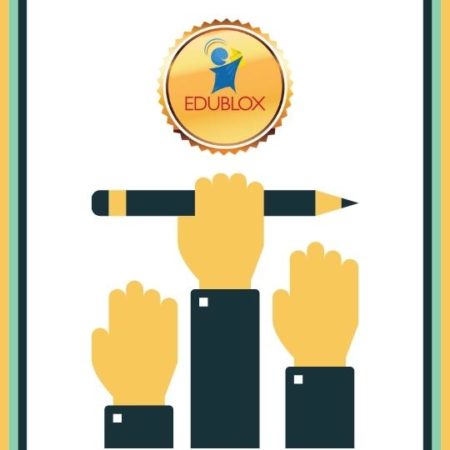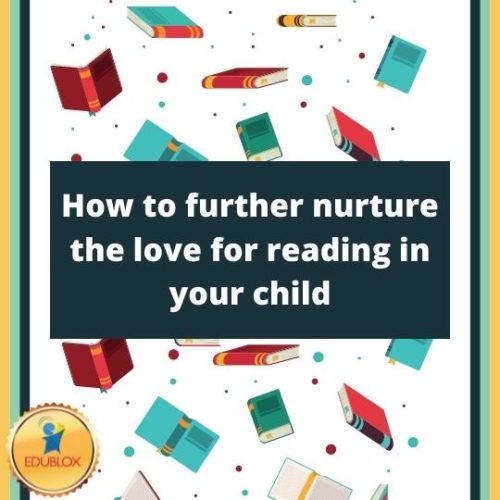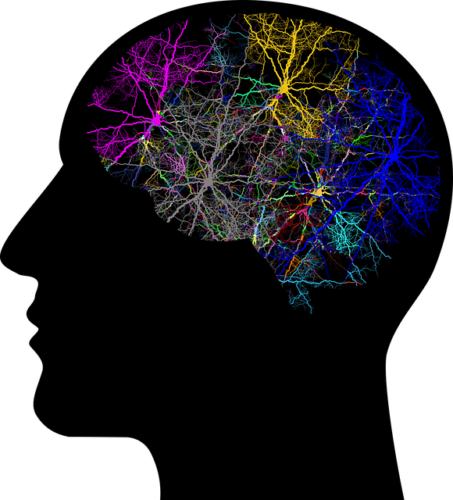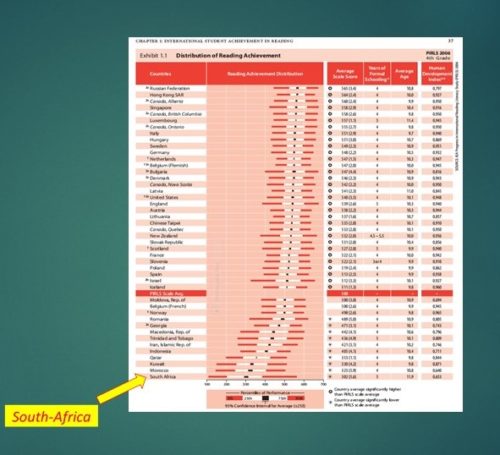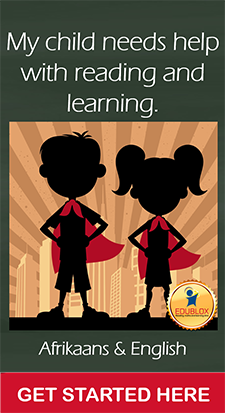When Reading Fluency Is Good But Reading Comprehension Is Poor
Reading comprehension is the heart and goal of reading since the purpose of all reading is to gather meaning from the printed page. It is assumed that the comprehension of children who are good readers is on track. But three to ten percent of those children don’t understand most of what they’re reading.
Read MoreReading Comprehension Difficulties and How to Help Kids Who Struggle
Reading comprehension refers to a reader’s ability to successfully interpret a text. Reading comprehension means making sense of what readers read and connecting the ideas in the text to what they already know.
Read More5 Indicators Your Child May Need Extra Reading Help
Sometimes it is challenging to spot whether or not your child is struggling, and you might not be able to recognise the key indicators which could indicate your child needs some extra assistance. But don't worry! We have compiled a list of 5 things each parent can look out for to ensure their child does not get left behind.
Read More6 Tips to Help Your Child Read with Comprehension
As a parent, you play a crucial role in helping your child develop strong reading comprehension skills. We share six practical tips to help your child read with comprehension.
Read More5 Ways to Help Your Child Find a Love for Maths
A wonderful way for children to start understanding the working behind maths is to bring it into real life. Here are a few activities you could introduce at home to promote mathematical thinking and understanding.
Read MoreUnderstanding Reading Problems in Children
How does one identify a reading problem? How many children have reading problems? What causes reading problems? You say poor cognitive skills are responsible for reading problems. What cognitive skills are you referring to? My child reads well yet lacks comprehension. Why? What can parents do to help their children? How can Edublox help?
Read MoreThe Right to Writing
The benefits of being literate transcend individuals, families, communities, and nations. Literacy should be a right and not a privilege, which is why we decided to focus on the "right to write" this month. We have put together a few exercises and tools that you can introduce at home to assist your child in those early steps into their educational career.
Read MoreHow to Further Nurture the Love for Reading in Your Child
Reading is arguably one of the most important life skills we learn in our first years at school. It is a wonderful workout for your brain that improves memory function and concentration. Yet, for some, even once the first few hurdles have been conquered, reading remains a source of stress and anxiety. We want to empower you with a few tools that might turn your child's reading narrative into a positive one.
Read MoreLearning Difficulties Due to Poor Connectivity, not Specific Brain Regions
Different learning difficulties do not correspond to specific regions of the brain, as previously thought, say researchers at the University of Cambridge. Instead, poor connectivity between 'hubs' within the brain is much more strongly related to children's difficulties.
Read More87% of Grade 4 and 78% of Grade 5 Learners At Risk of Not Learning to Read
Although no academic skill is more vital than the ability to read, the reality is that many children battle to learn to read, and some never succeed. Judging by the Progress in International Reading Literacy Study (PIRLS) results, South African children are especially affected.
Read More








